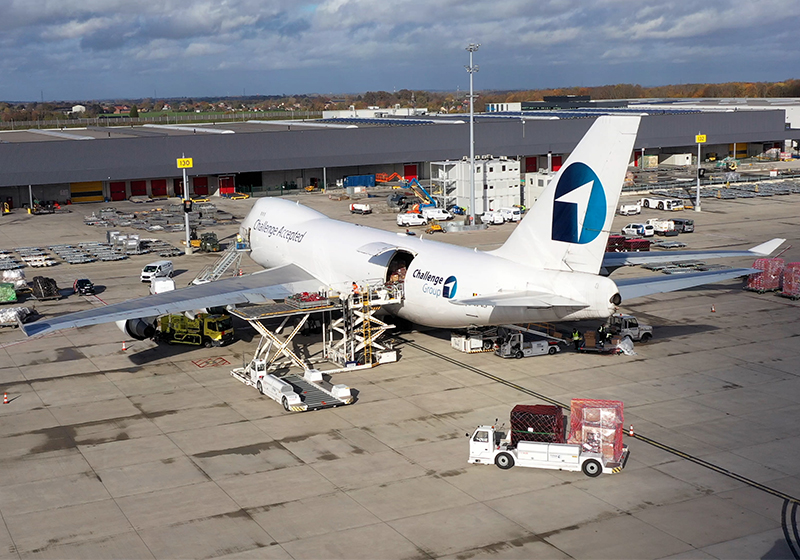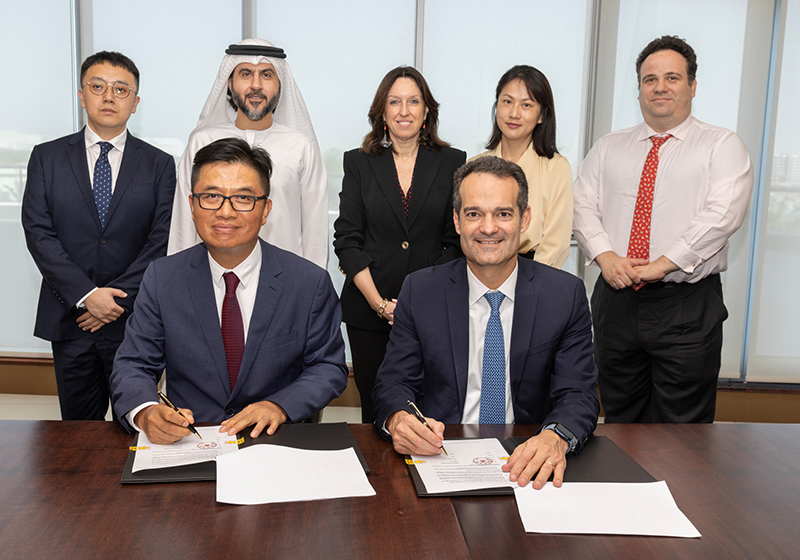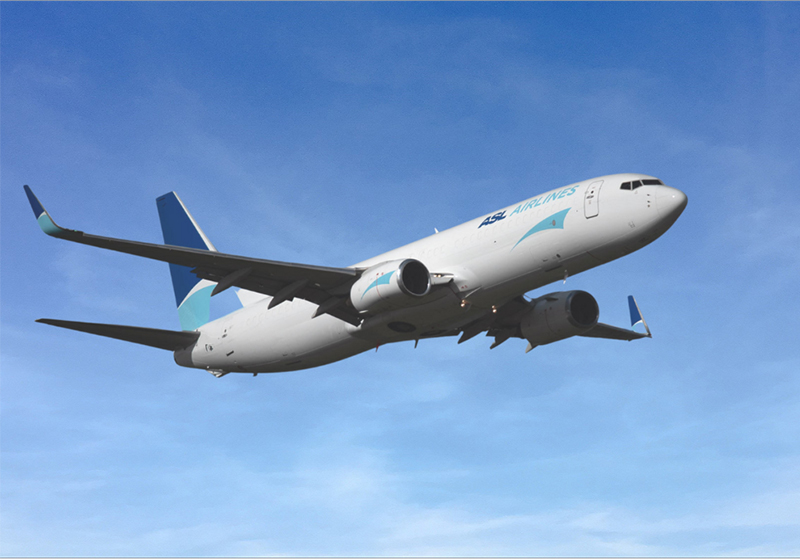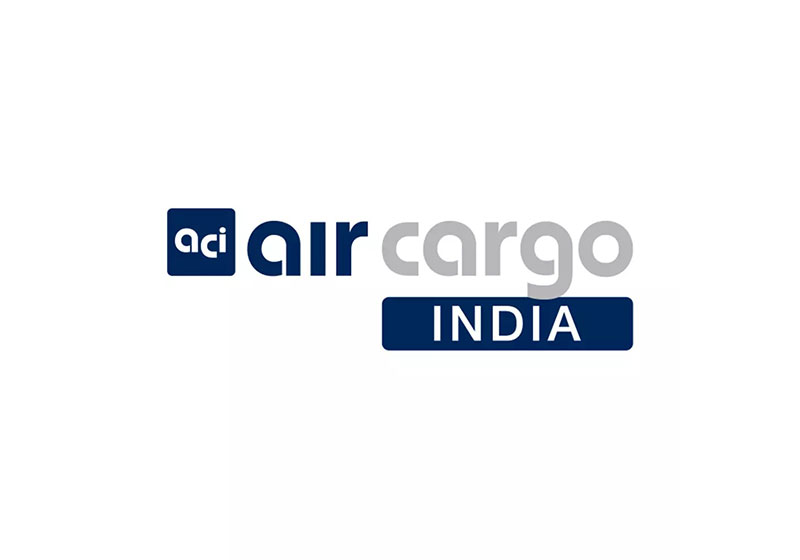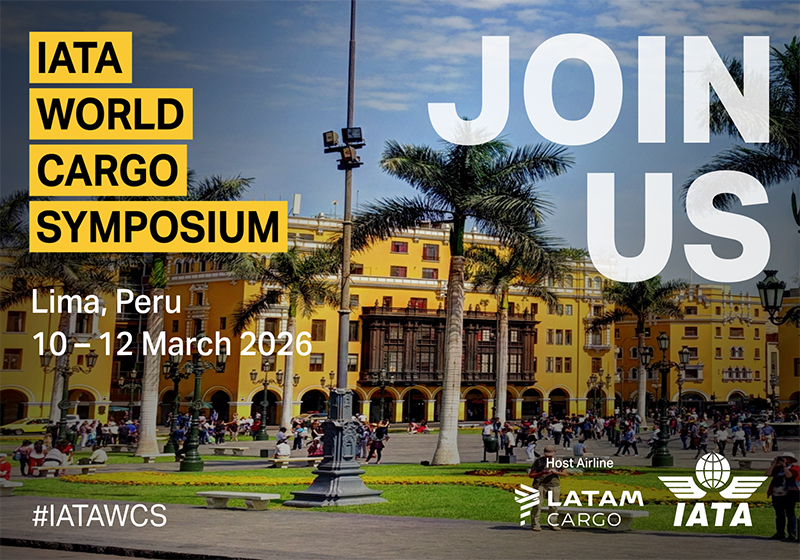A single point of contact that reliably assumes full logistical responsibility for the safe, in and on-time transport of challenging shipments such as aircraft engines or helicopters from shipper to consignee? What sounds like a supply-chain manager’s dream is long reality already when it comes to Challenge Group. Add large turbines, oil & gas equipment, automotive, big and oversize, e-commerce shipments to the commodity list and this describes 65% of Challenge Group’s core business. Over the years, Challenge Group has successfully specialised in End-to-End logistic solutions for complex verticals requiring carefully planned ancillary services, thus offering vital logistical support in a largely niche market.
“The larger the logistical challenge, the greater the involvement of our group subsidiaries. Challenge Group has always looked to take the load off our customers’ shoulders – both figuratively and literally, and that has led to our development as a cooperation,” says Or Zak, CCO of Challenge Group. “Our goal, from the beginning, has been to cover the entire supply chain, from shipper to consignee, and provide our customers with a first-class, all-in-one solution: End-to-End entirely within our own hands and responsibility. That is why Challenge Group, today, consists of three airlines, handling, maintenance, commercial, and logistics subsidiaries.”
What Challenge Group has been establishing with its inhouse airlines, charter, handling, road feeder network and even maintenance services, has become an increasing requirement over the past few years. “End-to-End services are in our DNA. However, during the pandemic, we noticed growing demand from our customers for exactly this kind of business approach,” Or Zak continues. Alongside traditional large end-to-end projects, e-commerce traffic has also joined the end-to-end commodity list, with its very different delivery needs, and the Group’s charter business is rapidly growing, with most of the projects concerning large shipments requiring a multimodal supply chain approach.
“We deeply believe that End-to-End will become best practice, especially when it comes to specific verticals. The pandemic highlighted the risks of relying on a single mode of transport or sole production location, hence global trade is becoming more international and multimodal. At Challenge Group, too, we are currently working on linking the railway service coming to Liège from China to our airfreight hub. Our second line warehouse is located just in front of the railway terminal in Liège, adding even greater access to our highly flexible global air and road network,” Or Zak concludes.

